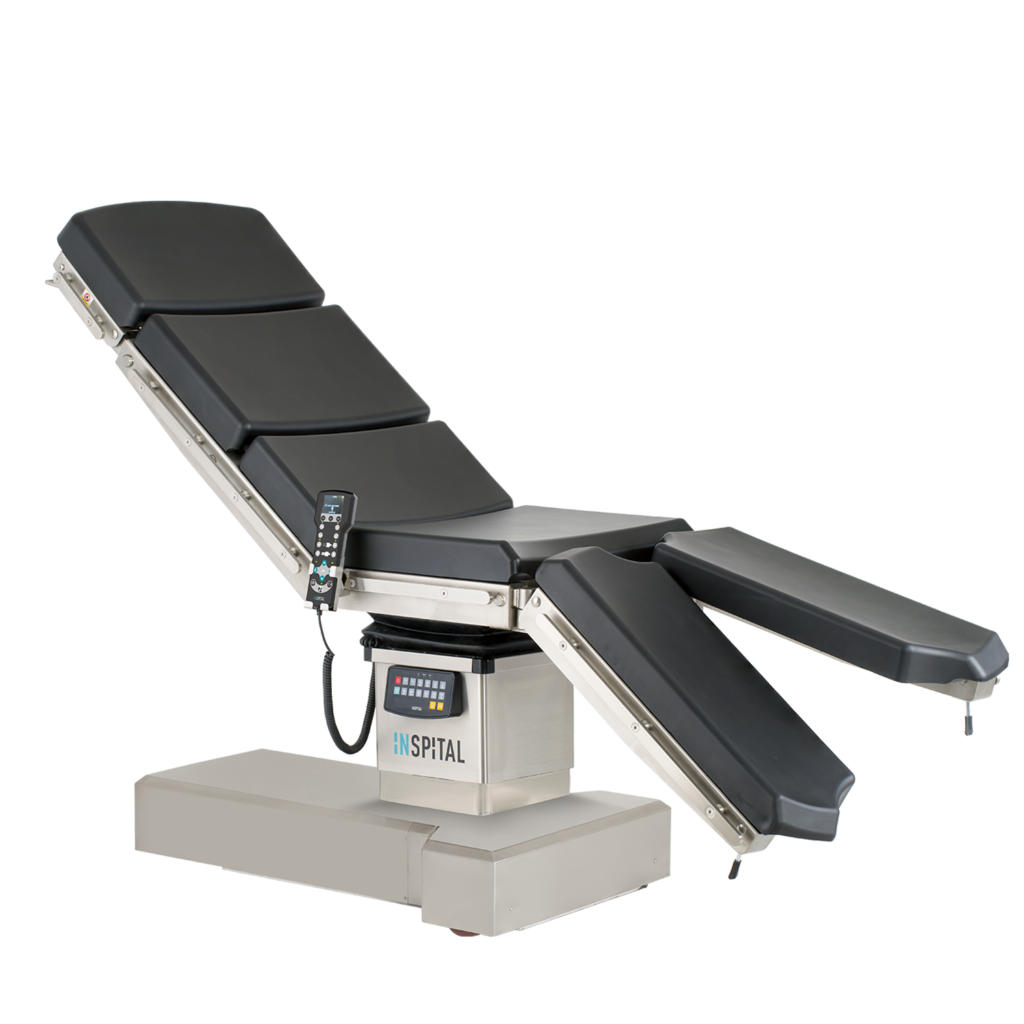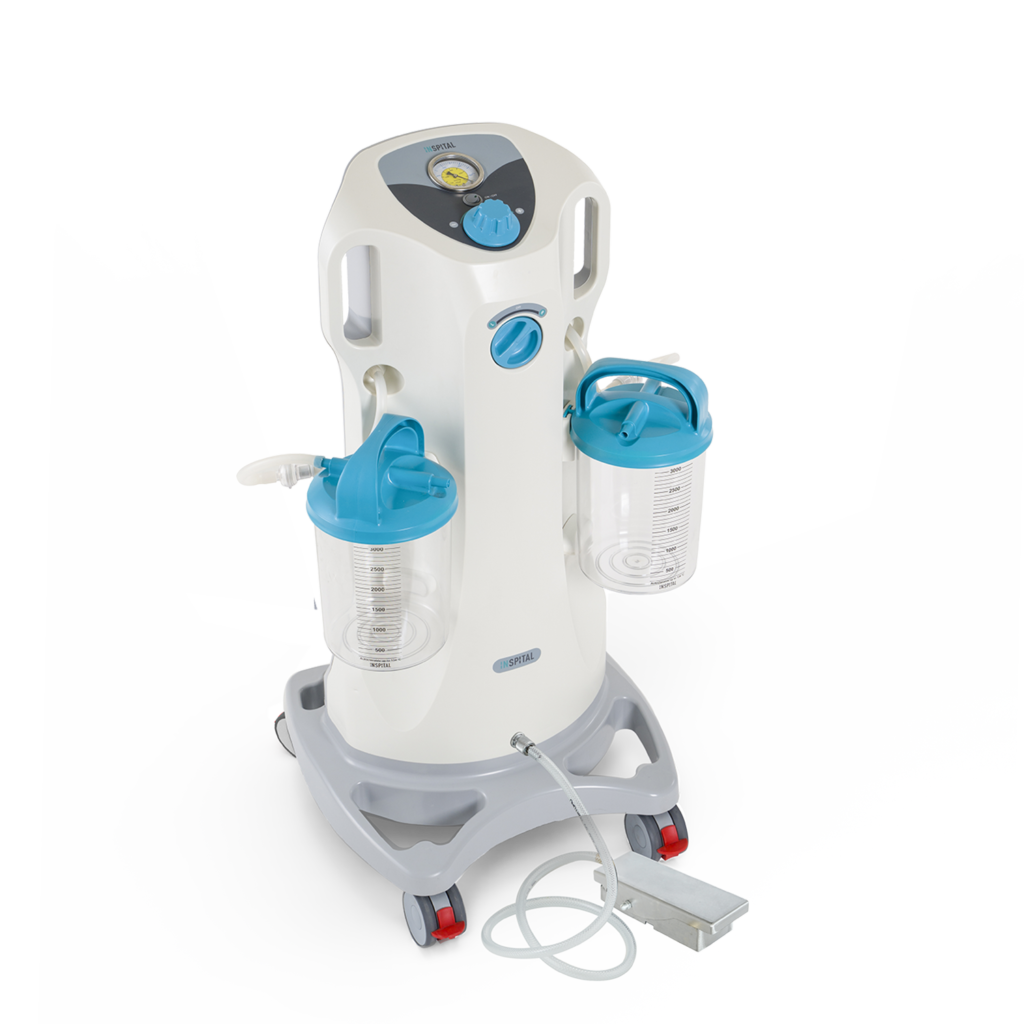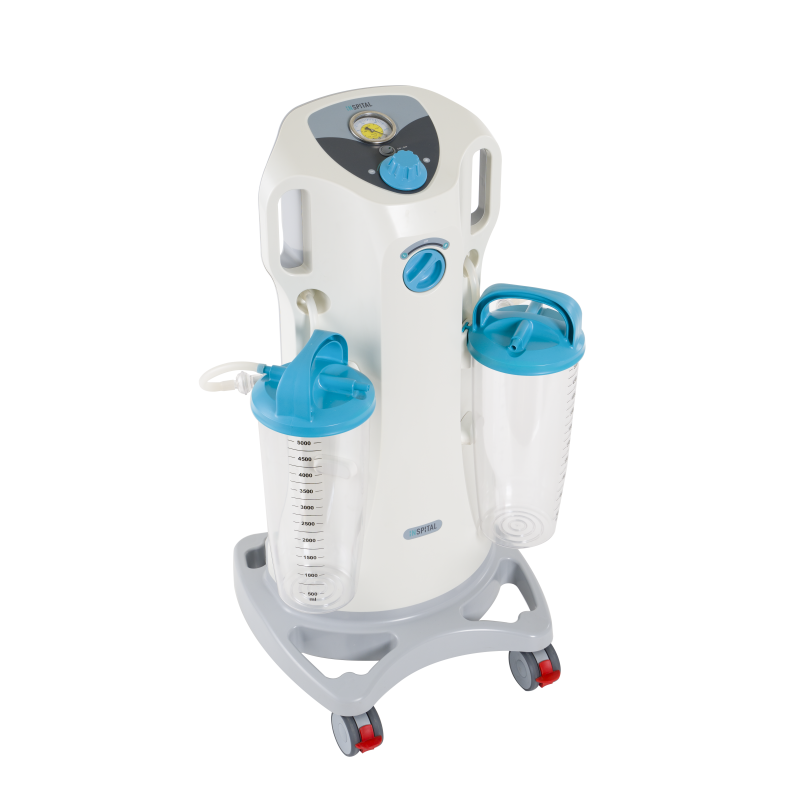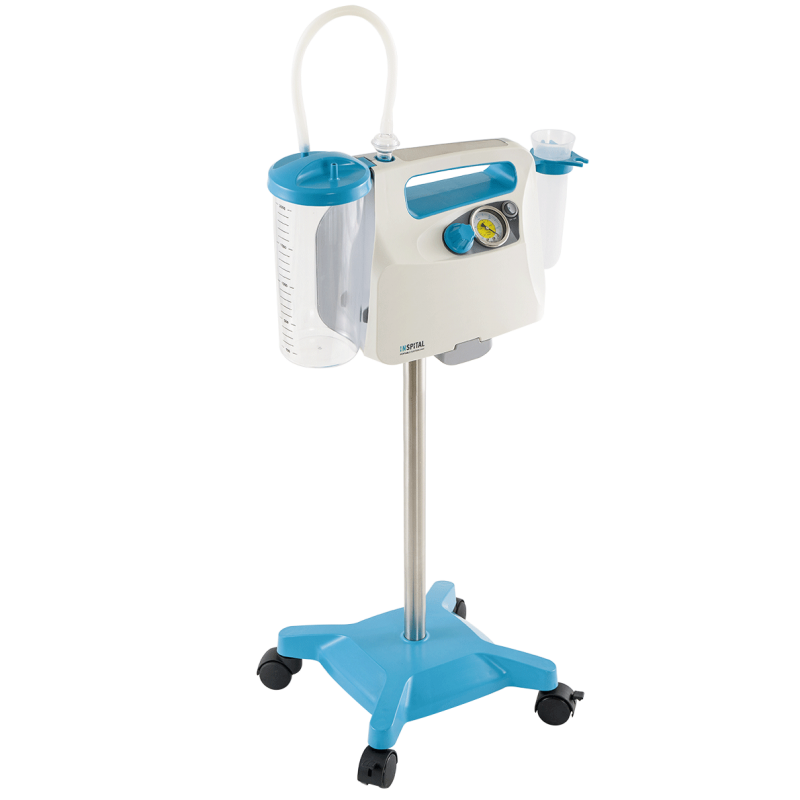The Impact of Big Data and AI on Medical Technology
- Nicht kategorisiert

Contents
AI-supported diagnostics: Early detection
A major advantage of AI in medical technology lies in its ability to analyze medical images, laboratory data, and patient records with unprecedented precision. Especially in radiology, cardiology, and oncology, this enables faster and more accurate diagnosis. Thanks to these technologies, not only is diagnosis accelerated, but the error rate is also significantly reduced.
Application examples:
Radiology: AI-supported image analysis can evaluate X-ray, MRI, or CT scans within seconds and recognize patterns that even experienced doctors might miss. This allows for early detection of tumors or brain hemorrhages.
Dermatology: AI can analyze skin changes with high accuracy, helping to diagnose skin cancer early.
Cardiology: By analyzing ECG data, AI can detect irregularities in heart rhythm and predict potential heart diseases.
Big Data and personalized medicine: Tailored therapies
Every person reacts differently to medications and treatments. Conventional medicine is often based on average values, but Big Data enables an individual approach. By analyzing large amounts of patient data, doctors can make more accurate prognoses about disease progression and develop tailored treatments. Personalized medicine could significantly improve the quality of treatment while avoiding unnecessary treatments or medication errors.
Advantages of personalized medicine:
Targeted cancer therapy: AI can evaluate genetic information and predict which therapy is best suited for a particular patient. This increases the effectiveness of treatment and minimizes side effects.
Precise medication: Based on genetic data and medical histories, doctors can prescribe medications that are exactly tailored to the individual patient's metabolism.
Early detection of risk factors: AI algorithms can recognize patterns in patient data and provide early warnings about the risk of diseases such as diabetes or Alzheimer's.
More efficient hospital processes: AI as support
- Optimization of OR scheduling
- Intelligent patient guidance
- Automated documentation
AI in surgery
Surgical robots equipped with Artificial Intelligence are increasingly being used in operating rooms. They support surgeons in minimally invasive procedures and offer greater precision than the human hand. The use of AI in surgery reduces risks, minimizes tissue damage, and significantly shortens patients' recovery time.
Examples of AI-supported surgery:
Da Vinci robot: A globally used robotic system that supports surgeons and enables high precision during procedures.
Autonomous robots: Research is working on systems that can independently perform routine procedures, especially in orthopedics or dentistry.
Health monitoring and prevention through AI
AI plays an increasingly important role in health monitoring not only in hospitals but also in everyday life. Intelligent devices and wearables continuously collect health data and help to detect diseases early.
Examples of AI-supported health monitoring:
Smartwatches wearables: Continuously measure heart rate, oxygen saturation, and other vital signs. AI can detect irregularities and issue early warnings.
Diabetes management: AI-supported systems analyze blood sugar levels and automatically provide dietary recommendations or insulin dosages.
Virtual health assistants: Chatbots or apps can evaluate symptoms and provide action recommendations before a doctor's visit is necessary.
Challenges and ethical questions
As promising as AI and big data are, they also come with challenges. Data protection and the security of patient data are central issues, as medical information is particularly sensitive. In addition, ethical questions need to be clarified, such as to what extent AI-based systems should be allowed to make independent medical decisions.
Important questions that need to be addressed:
Data security: How can patient data be securely stored and protected from cyber attacks?
Liability: Who bears responsibility if an AI-supported diagnosis is incorrect?
Human or machine: In which areas should humans make the final decision, and where can AI act autonomously?
Conclusion: The future of medical technology with AI and big data
AI and big data will sustainably change medical technology - to the benefit of patients and medical professionals. Faster diagnoses, personalized treatments, more efficient hospital processes, and innovative surgical systems are just the beginning. While some challenges still need to be resolved, one thing is certain: These technologies have the potential to elevate healthcare to an entirely new level.
Would you like to learn more about innovative medical technology? Visit Inspital Medizintechnik and discover the future of healthcare!
Operating Table OT80.20 NOVUS
Prices visible to registered customers onlySurgical Suction Unit SU60.05
Prices visible to registered customers onlySurgical Suction Unit SU60.10
Prices visible to registered customers onlyPortable Suction Unit SU60.06T
Prices visible to registered customers onlyCurrent News
- Current News, Inspital Medical Technology, Research
News Press
Here you will find current news about trade fairs, congresses, PR and other relevant topics.









